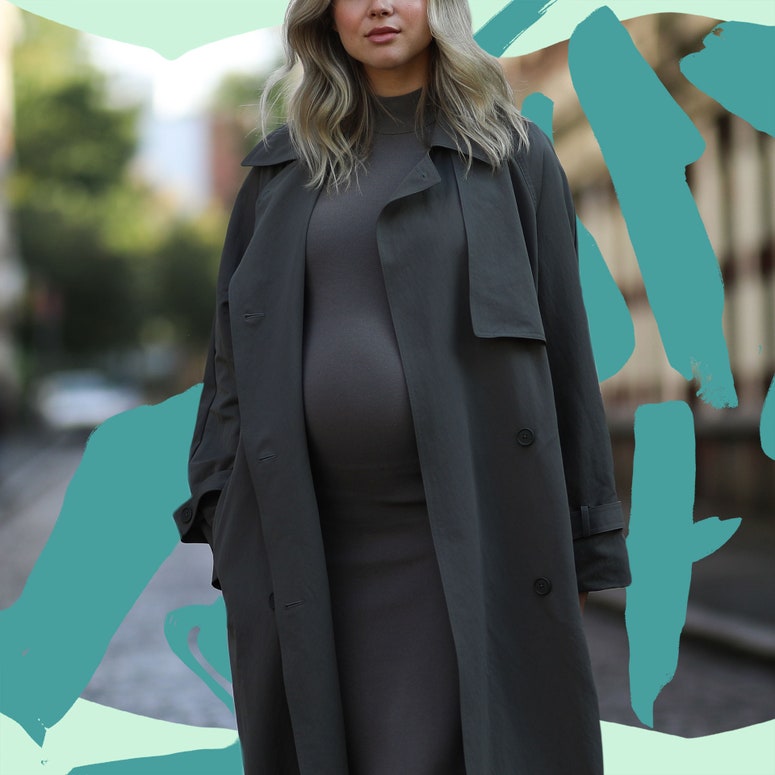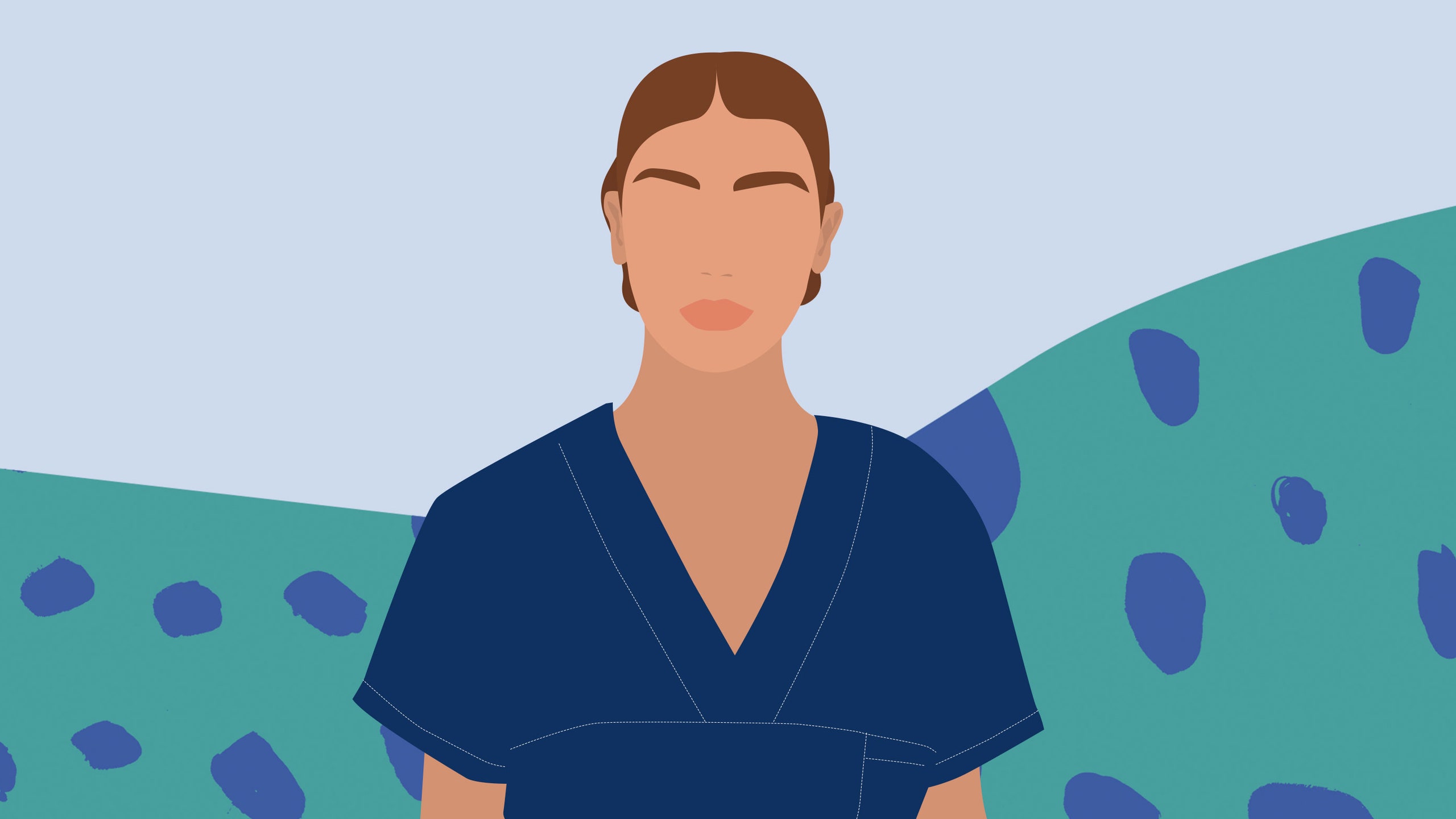Earlier in 2022, the Ockenden Maternity Review was published, detailing how systemic failures in Shrewsbury and Telford Hospital NHS Trust (SaTH) had led to unimaginable tragedies, including the avoidable deaths of 201 babies.
The Times reported that almost half of the maternity services in England are unsafe, identifying that out of 193 NHS maternity services in England, 80 are rated as “inadequate” or “require improvement” by the Care Quality Commission (CQC), meaning they're failing to meet the most basic standards of safety for mothers and babies.
However, an analysis of official statistics by the BBC indicates that more than half of maternity units in England are still failing to meet safety standards, noting that – according to the CQC – 7% of units as posing a high risk of avoidable harm, with a further 48% requiring improvement.
A report the Nursing and Midwifery Council (NMC) released in May 2022, revealed that more than 27,000 nurses and midwives quit the NHS last year, with many blaming job pressures, the Covid pandemic and poor patient care for their decision.
Here, one woman talks to GLAMOUR about her decision to leave the NHS, after 13 years of being a midwife.
Driving into work for a shift on the maternity wards filled Hannah, a midwife of 13 years, with dread so deep it made her sick with fear of what the next 12 hours had in store.
“They have become genuinely terrifying places to work. It’s like entering a war zone,” says the 34-year-old, whose passion for midwifery – her mum and gran were midwives too – started as a schoolgirl but has since been shattered by the unfolding crisis in the NHS.
“By the time your shift starts, you’ve already received three messages saying they’re short-staffed and need urgent cover for the wards tonight. You dodge scary possibilities and consequences constantly, fearing that, any moment, something could happen which will make you lose your job – or worse, lose a mother or a baby’s life.”
“Women have a right to choose to have a caesarian and not to be accused of being ‘expensive’.”

Last week, the horrifying news that Shrewsbury and Telford NHS Hospital Trust had presided over the avoidable deaths of 201 babies and nine mothers, whose lives could have been saved with better care, drove home the catastrophic reality of failings in NHS maternity units. The Ockenden review found that 131 stillbirths, 70 neonatal deaths and a further 94 cases of brain damage in children could have been preventable, across 20 years, as it reported the scale of the NHS’s biggest maternity scandal. It was a sobering indictment of midwives’ worst fears.
Hannah explains: “The worry of something going seriously wrong or a woman having a traumatic time is relentless. On the antenatal wards, you are lucky if there are two of you to look after 12 women being induced, bleeding, suffering from placental problems, high blood pressure or hyperemesis (severe sickness.) If one goes into labour, because there is no space for her in the delivery suite, you either have to ignore the 11 others, spend hours on the phone with colleagues in delivery or try and paint the fact she has now given birth somewhere she didn’t want to as a wonderful thing, when really a service, unfit for purpose, has let her down.
“On my worst shift, on a delivery suite, there were four of us when there should have been at least ten to safely care for mothers with high needs. We have been warning about the state of maternity units for years.”
I wouldn’t take no for an answer. I know my body, and I knew something was very wrong.

The Shrewsbury failings are delivered to a national service already buckling under pressure. Last year, the watchdog, the Care Quality Commission, found that 38% of NHS maternity services ‘require improvement for safety’; a government committee reported that 1,000 babies die preventable deaths every year.
Midwives say their warnings of stressful and severely understaffed units, failing parents, babies and midwives, have been ignored for as long as the Shrewsbury crisis has been playing out.
Birthing centres and home birth services are closing without notice as hospitals are unable to staff them. Some 1,000 midwives left England’s NHS in the 10 months to September 2021, leaving a shortfall of over 2,000. Almost 60% of those remaining told the Royal College of Midwives they were considering leaving and 90% reported feeling undervalued.
“It was one of the best decisions I’ve ever made.”

Eight weeks ago, Hannah left too: “There was such an honour in telling people I did that job, being there at the start of life. Work conditions became so unsafe that the thought of going in left me awake at night, sobbing into my husband.
“You can carry a book on one hand but if you keep piling them up, you will crash down. You don’t have the strength. That’s what happened to me.”
Hannah remembers one shift where she was instructed by a boss to leave a woman mid-birth: “I delivered her baby but her placenta wasn’t out yet. Her birth was not finished. I was told to go into another room, where a baby whose heart rate had dropped was being delivered using forceps. I was jotting down her notes on a scrap of paper. When I went back to the first lady, no one had delivered her placenta. She was lucky she didn’t haemorrhage."
When things do go wrong, midwives – who frequently report feeling exposed and relegated to the bottom of the professional hierarchy by medical colleagues – face suspension or losing their right to practice:
“I think, frequently, about a mother whose baby was delivered by emergency C-section and faced a battle to survive. I bumped into her a year later in town and she told that little boy I had saved his life. Four years later though, she sued the hospital for his long term needs. “You live in fear of that happening all the time when you’re working shifts where you’ve not been to the toilet or eaten and have a headache cause you’re so dehydrated. Inevitably either you or a colleague will end up crying most days. Often mums will be cared for by midwives who’ve been diverted from other parts of the service and have never worked together.”
Pelvic floor muscles are no joke.

When crises, like Shrewsbury, hit headlines, midwives fear a backlash: “There’s a lot of hate for midwives on forums like Mumsnet, where they’re ready to say ‘told you so'.
"When there’s a backlash, midwives are usually the face of systemic problems that they have warned against and still managed, calmly, at the coal face. Despite being the backbone of public health, we have long been taken for granted by white, middle-class men running the country who have no appreciation for those who hold other women’s hands while they give birth. It shouldn’t have to take multiple failings for the government to listen.”
Hannah says she is grieving walking away from a career she should still have loved. She reflects: “Birth is pressing – it’s happening whether there is space or staff available. Our maternity services are unfit and unsustainable. I loved my job – it was my calling, a vocation – and I was good at it. That I left after 13 years is a sad indictment of what is happening on our NHS wards."
